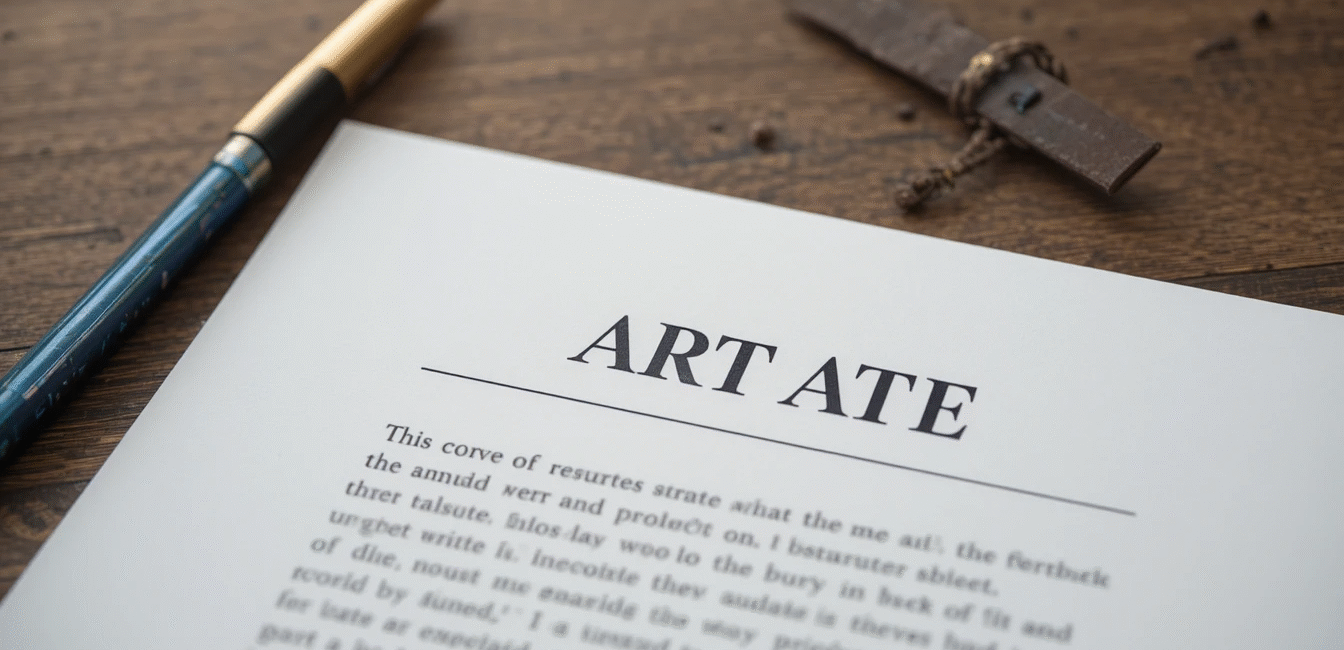

When a loved one passes away, managing their estate is one of the most important — and often stressful — responsibilities for the family. The legal process that ensures their assets are distributed properly is called probate. While probate serves a necessary purpose, many people are surprised to learn how much it can cost. From court fees to attorney charges and executor commissions, the total cost of probate in the United States can vary widely. In this article, we’ll break down what probate costs include, how they are calculated, and practical ways to reduce them.
What Is Probate and Why Does It Cost Money?
Probate is the court-supervised process of validating a will, settling debts, and distributing the deceased’s assets to heirs or beneficiaries. Since it involves legal oversight, documentation, and financial settlements, there are multiple fees and expenses associated with it.
The overall cost of probate depends on several factors, such as:
- The size and complexity of the estate
- The state laws where probate is filed
- Whether or not disputes arise among heirs
- The type of assets involved (real estate, stocks, business, etc.)
Probate fees can easily range from 3% to 7% of the total estate value, meaning an estate worth $500,000 could cost anywhere between $15,000 to $35,000 to settle.
Main Components of Probate Costs
Let’s look at the most common expenses that make up the cost of probate in the U.S.
1. Court Fees
Every state charges court filing fees for starting and processing a probate case. These fees can include:
- Initial petition filing fees
- Certification and document fees
- Fees for appraisals, hearings, and final orders
Court costs usually range from $300 to $1,200, depending on the state and estate size. While this may seem minor, it’s just the beginning of total probate expenses.
2. Attorney Fees
Hiring a probate lawyer is often necessary because the process involves detailed paperwork, deadlines, and legal rules. Attorney fees can be charged in three ways:
- Hourly rates: Typically between $200 to $500 per hour
- Flat fees: A set price for handling the entire probate case
- Percentage of the estate: Some states allow lawyers to charge a percentage (usually 2% to 5%) of the estate’s total value
In large or complex estates, attorney fees often represent the biggest part of the overall cost.
3. Executor or Administrator Fees
The executor (named in the will) or administrator (appointed by the court if there’s no will) is entitled to a fee for their time and effort in managing the estate.
Executor fees are generally:
- 2% to 5% of the estate value, depending on state law and complexity.
- In smaller estates, the fee can be negotiated or waived if a family member serves as executor.
Though this fee compensates for valuable work, it can still add a significant amount to the overall probate cost.
4. Appraisal and Valuation Fees
Before assets can be distributed, they must be appraised to determine their fair market value. This includes real estate, vehicles, jewelry, businesses, or investment portfolios.
Professional appraisers typically charge $300 to $1,000 per asset, and if multiple items need valuation, these costs can add up quickly.
5. Accounting and Tax Preparation Fees
Probate requires detailed financial reporting and sometimes income or estate tax filings. Hiring an accountant or tax professional ensures accuracy and legal compliance.
Expect to pay between $500 to $2,000 for accounting and tax services, though complex estates may cost more — especially those with multiple income sources or unpaid taxes.
6. Bond Fees
In some cases, the court may require an executor bond (or probate bond) to protect heirs in case of mismanagement. The cost of this bond depends on the estate value and the executor’s credit score, but it typically ranges from 0.5% to 1% of the bond amount.
For example, if a $500,000 bond is required, the premium might cost $2,500 to $5,000.
7. Miscellaneous Costs
Other expenses can include:
- Mailing and publication costs for public notices
- Document certification
- Storage or maintenance fees for estate property
- Travel expenses for executors or attorneys
These smaller items may seem minor individually but together can total several hundred dollars.
Average Probate Cost by State
The cost of probate in the United States varies dramatically depending on the state.
For example:
- California and Florida often have higher probate costs because attorney fees are calculated as a percentage of the estate.
- Texas, Arizona, and Nevada tend to have lower costs, especially for small estates under $75,000.
- New York and Massachusetts can have additional court surcharges that increase total fees.
On average, small estates may pay $3,000 to $5,000, while large estates exceeding $1 million can exceed $30,000 or more in total probate costs.
Hidden Costs of Probate
Besides direct expenses, there are indirect costs that families often overlook:
- Time Delays: Probate can take anywhere from 6 months to 2 years, especially if disputes arise.
- Loss of Privacy: Probate records are public, meaning anyone can access details about the estate’s value and distribution.
- Emotional Stress: The combination of paperwork, waiting, and legal confusion can be overwhelming for grieving families.
These factors make probate avoidance an attractive strategy for many people.
How to Reduce or Avoid Probate Costs
If you want to protect your family from unnecessary probate expenses, consider these proven methods:
- Create a Living Trust – Assets held in a revocable living trust bypass probate completely.
- Add Joint Ownership – Jointly owned property passes directly to the survivor without probate.
- Use Payable-on-Death (POD) Designations – Bank accounts and retirement funds can be transferred automatically to named beneficiaries.
- Gift Assets During Lifetime – Reduces the total estate size and future probate costs.
- Hire an Estate Planning Attorney – Professional advice can help structure your assets efficiently and legally avoid probate.
By planning ahead, you can save your heirs thousands of dollars and months of frustration.
Is Probate Always Expensive?
Not necessarily. Many states offer simplified probate procedures for small estates, usually under a specific value limit (e.g., $50,000 or $100,000). These simplified processes are faster, cheaper, and require fewer court appearances.
However, for large or contested estates, legal representation is often essential to prevent mistakes that could cost far more later.
The True Value of a Probate Lawyer
While hiring a probate lawyer adds to upfront costs, it often reduces overall expenses by preventing legal errors, delays, and disputes. A skilled attorney can ensure all filings, tax forms, and court deadlines are handled properly — saving both time and money in the long run.
Final Thoughts
The cost of probate in the United States depends on many factors — estate size, location, complexity, and family dynamics. On average, probate costs can consume 3% to 7% of an estate’s total value, with the largest expenses coming from attorney fees, executor commissions, and court costs.
To minimize these expenses, families should consider estate planning strategies such as living trusts, beneficiary designations, and joint ownership.
In the end, the key to protecting your loved ones is preparation. Understanding how probate works — and how much it costs — allows you to plan ahead, reduce financial burdens, and ensure your legacy is passed on smoothly and efficiently.

